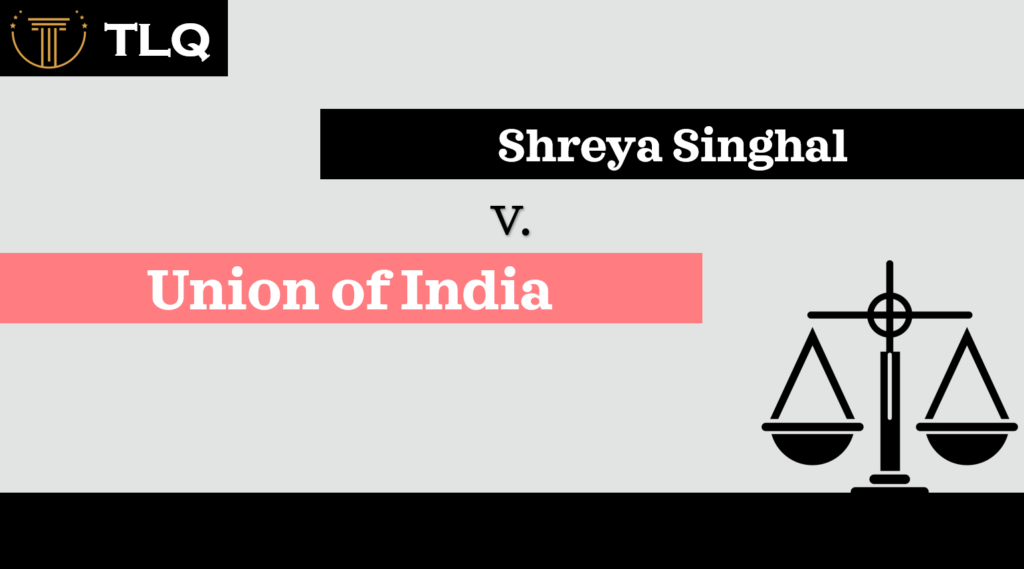Published On: 10th November, 2024
Authored By: Sharvari J. Bartakke
Ismailsaheb Mulla Law College, Satara
Abstract
When we think about rape, we often envision fear, pain, and violence. However, a form of sexual violence is often ignored: marital rape. This issue is surrounded by social stigma, making open discussion challenging. Marital rape isn’t just a private problem for a couple; it affects society as a whole by reinforcing outdated beliefs about marriage and consent. In countries like India, where marital rape is not legally recognized as a crime, victims lack access to justice. Addressing marital rape requires legal reform that upholds values of equality, dignity, and personal autonomy.
Introduction
Marriage, widely revered as a sacred institution, is meant to embody love, trust, and mutual respect between partners. Yet, behind this idealized view lies a harsh reality: marital rape is a pervasive issue that remains largely unaddressed. While awareness around gender-based violence has grown, the criminalization of marital rape has progressed slowly. Consequently, victims have few, if any, legal options to seek justice, perpetuating a culture of impunity where violations go unpunished.
Understanding Rape and Marital Rape
According to Section 63 of the Bharatiya Nyaya Sanhita, 2023, rape is defined as:
- Any form of penetration by a man into the vagina, mouth, urethra, or anus of a woman, or compelling her to perform similar acts with him or another person.
- Insertion of an object or a part of the body (excluding the penis) into a woman’s vagina, urethra, or anus.
- Manipulation of a woman’s body to induce penetration.
- Contact with a woman’s intimate parts, whether consensual or non-consensual in specific situations.
However, the law also includes an exception that protects marital relationships from being classified under rape laws. It states: “Sexual intercourse or sexual acts by a man with his own wife, the wife not being under fifteen years of age, is not rape.” This exception legally permits non-consensual sex within marriage, underscoring the challenges married women face when seeking justice for sexual abuse by their spouses.
The Legal Void in India Regarding Marital Rape
In India, marital rape remains a deeply entrenched legal issue. This glaring gap in the law is evident in the Bharatiya Nyaya Sanhita, 2023, which fails to criminalize marital rape for women above the age of 18. This stems from the outdated belief that marriage implies perpetual consent to sexual relations. Consequently, married women are deprived of autonomy over their bodies, reinforcing the notion that marriage entails an unconditional “yes” to sex.
The issue is further complicated by societal perceptions that marriage is a private matter, placing it beyond legal scrutiny. As a result, many victims of marital rape face immense challenges, including fear of social stigma, family pressure, and limited legal recourse.
The failure to criminalize marital rape directly contradicts India’s core values of equality, dignity, and personal freedom. Moreover, it contravenes India’s international commitments to uphold human rights. Despite calls for change from legal experts, activists, and judges, reform remains elusive. This resistance reveals the deep-rooted cultural beliefs that hinder the recognition of marital rape as a serious offense.
The Urgent Need for Reform
Current laws perpetuate an outdated notion that marriage implies automatic consent to sexual relations, an assumption that is fundamentally flawed. By not recognizing marital rape, the law effectively diminishes married women’s rights and autonomy, treating them as less deserving of protection under the law.
This oversight is a violation of the Indian Constitution’s Fundamental Rights, specifically:
- Article 14: Equality Before the Law
- Article 15: Prohibition of Discrimination Based on Religion, Race, Caste, Sex, or Place of Birth
- Article 21: Protection of Life and Personal Liberty
Additionally, the lack of recognition for marital rape undermines India’s commitments to international human rights treaties, including the Convention on the Elimination of All Forms of Discrimination Against Women (CEDAW). When marital rape remains unaddressed, victims endure physical and psychological trauma without any legal remedy. This legal gap allows harmful abuse to persist unchecked within the confines of marriage.
To ensure justice, it is essential to criminalize marital rape and amend Section 63 of the Bharatiya Nyaya Sanhita, 2023, to define all forms of non-consensual sex as crimes, regardless of the relationship between the parties involved. Legislation should also provide support systems for survivors, including access to counseling, legal aid, and rehabilitation. Training for judges and public awareness campaigns can further help reshape societal perceptions and underscore the importance of consent within marriage.
Conclusion
Marital rape is a pressing issue in India’s legal system. Its exclusion from criminal law violates the fundamental rights of women and disregards international human rights standards. Criminalizing marital rape is crucial to protecting the rights and dignity of married women and upholding India’s commitment to equality and justice. Legal recognition of marital rape would send a powerful message that India respects the autonomy and rights of every individual, advocating for a society where consent is valued in every relationship, including marriage.




